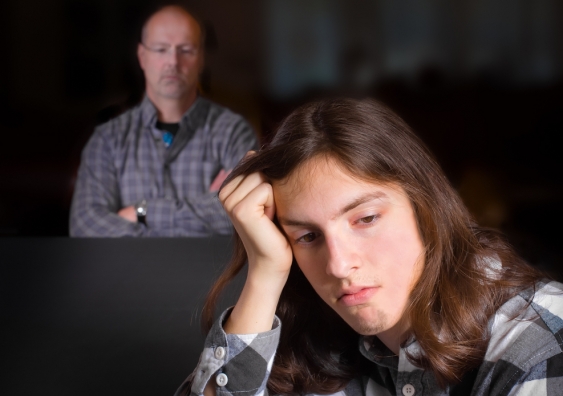The clash between the right to confidentiality and the need for family support when young people are being treated for mental health issues will be among the issues explored at the Youth, Health and Practical Justice conference in Sydney on 4-5 December.
Organised by the Practical Justice Initiative at the University of New South Wales (UNSW) and the Faculty of Health at UTS, it is the first national interdisciplinary conference for those working to promote young people’s wellbeing and health in education, health service, community and youth work settings. Topics will include understanding young people and health, digital cultures and youth, sexuality, education and health, and critical perspectives on drugs, alcohol and risk.
Professor Ilan Katz and Dr Fiona Hilferty, from UNSW’s Social Policy Research Centre, will present their paper, Issues and challenges for parents in youth mental health care, on 5 December. Based on research that formed part of the broader evaluation of headspace, the National Youth Mental Health Foundation, it highlights some of the dilemmas for parents and carers in relation to supporting young people with mental health issues.
The researchers found that while parents and carers were generally complimentary about headspace, they often felt left out of the treatment.
“From the parents’ point of view, the child was in treatment and they often didn’t know what the treatment was, what risky behaviours might be involved, even what happened in treatment,” Professor Katz says. “Although some of them recognised that the child had a right to confidentiality, they also felt that they had to deal with the consequences of the child’s mental illness and wanted support.”
Parents might be dealing with children who are aggressive or having suicidal thoughts, which can be very challenging, he says.
“There’s a clash of rights here – children are seen as having rights so it’s their right for their parents to not know about their treatment and even that they’re being treated,” Professor Katz says. “But when you’re treating a teenager, you’re treating a family as well. They walk out of the treatment and back to the family and what happens then? This is the dilemma we will be discussing.”
Other conference presentations include:
- Grief of adolescents who have lost a relative or a friend through suicide: What helps or hinders the grief process (Karl Andriessen, Brian Draper, Michael Dudley, Elizabeth Lobb, Jane Mowll, Philip B. Mitchell, UNSW)
- Digital sex education: Beyond sexting and abstinence (Jessie Hunt, Yfoundations)
- Peer education for young people's health and wellbeing: From rhetoric to reality (Erica Southgate, University of Newcastle, and Peter Aggleton, Centre for Social Research in Health, UNSW)
- All of us: A case study on co-design and youth participation from Safe Schools Coalition Victoria (Joel Radcliffe, La Trobe University & Safe Schools Coalition Victoria)
The conference’s keynote speakers are Maya Newell, director of the film Gayby Baby which tells the story of same-sex families from the perspective of the children, and Matt Noffs, CEO of the Noffs Foundation, co-founder of Street Universities and the author of Breaking The Ice – how we will get through Australia’s methamphetamine crisis, recently published by HarperCollins.
For the full conference program go to https://pjiconference.arts.unsw.edu.au/.
What: Youth, Health and Practical Justice conference
When: 4-5 December
Where: Aerial UTS Function Centre, Level 7, UTS Building 10, 235 Jones Street, Ultimo
Details: https://pjiconference.arts.unsw.edu.au/


